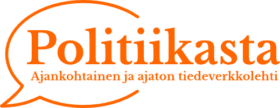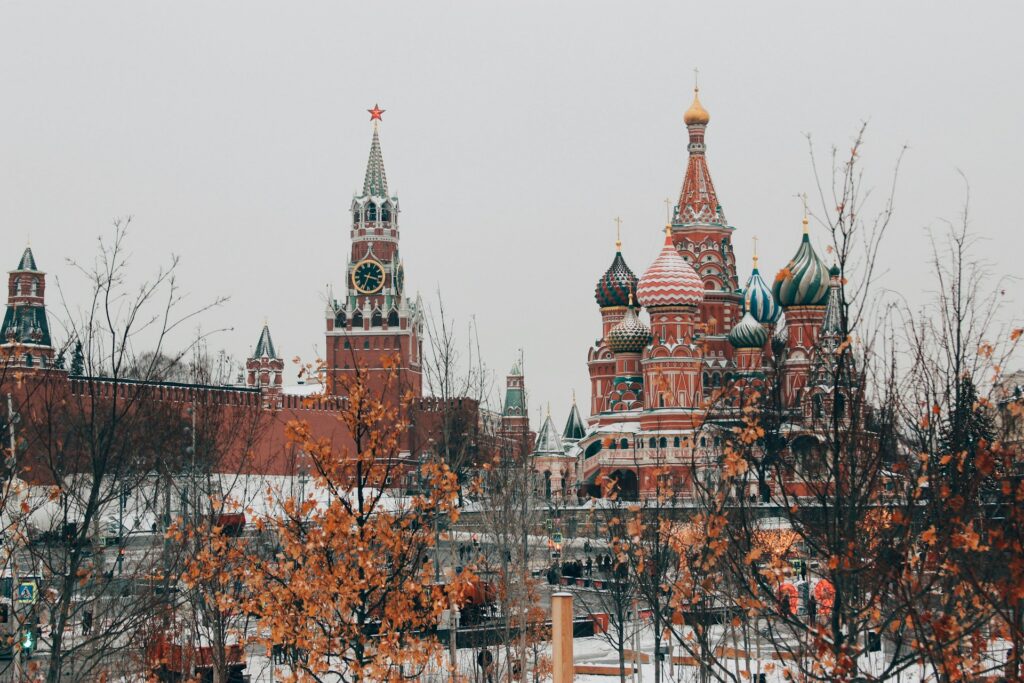There is now a risk that freedom of expression becomes seen as a topic only for those on the outer edges of the debate, not as an issue that concerns ordinary people. If efforts to improve the tone of public debate are to succeed, they must avoid suppressing legitimate speech and engage a much wider audience.
Finland is one of the world’s leading countries for press freedom, ranking second in Reporters Without Borders world press freedom index in 2021. Finland also scores highly in international rankings that measure civil and political rights.
Press freedom can be determined by indicators such as journalists not being arbitrarily detained or attacked, or their privacy invaded. Media companies enjoy light public regulation and owners seldom attempt to interfere with editorial processes. An independent self-regulatory body, the Council for Mass Media, oversees compliance with guidelines for journalists.
The rankings do not capture the full picture of threats.
Despite this, serious problems persist and there is an urgent need for wider, better informed public debate about free speech. The rankings do not capture the full picture of threats. Harassment of journalists is a major problem, and one of its consequences is self-censorship, which is often not a very visible threat.
Harassment of journalists
Harassment of journalists is a serious, long-term problem, which is undermining press freedom and the quality of public debate in Finland and elsewhere.
The case of journalist Jessikka Aro, who investigated Russian online troll activity and became the target of lengthy and intense harassment, is a prominent example. Although the case led to convictions, it highlighted flaws in how Finland protects journalists from harassment aimed at silencing them.
An appeal court ruling against one of Finland’s best-known journalists, Johanna Vehkoo, in a defamation case brought by a local politician was widely criticised by other journalists in 2020 for the court’s failure to give sufficient regard to the plaintiff’s political activities and harassing behaviour against Vehkoo, or to the fact that her comments were posted to a private Facebook group. The case will go to the supreme court.
Not only journalists targeted
Targeted harassment that aims to silence someone is not only a problem for journalists. A NATO report about online abuse of female Finnish government ministers recently made headlines. Police officers, judges and prosecutors are frequently targeted in Finland.
Data collected by Statistics Finland indicates that young people aged 16-24 encounter online harassment more than other age groups. In a study published in 2015 young Finns reported coming across more hate material online than their German and British peers.
Academic researchers are increasingly expected to have public visibility. Media has become an important arena where scientific experts compete for public recognition, and where they can become targets for harassment and hate speech. Growing concerns about harassment and resulting self-censorship led to freedom of expression organisation PEN Finland establishing a committee in 2017 to support non-fiction writers and researchers.
Data collected by Statistics Finland indicates that young people aged 16-24 encounter online harassment more than other age groups.
Many topics can make someone a target. Harassment frequently involves topics that tend to engage right-wing actors, for example immigration, feminism and human rights. The NATO report about online abuse of Finnish female government ministers found that the bulk of abusive messages originated from a cluster of right-wing accounts.
Wolves, a protected species, are an extremely polarising topic in Finland. Staff at Finland’s natural resources institute have been targeted through social media hate campaigns, unfounded crime reports and hostile phone calls. A recurring false story on social media claims that the institute deliberately moves wolves to new areas of the country.
Finland has won international praise for its resilience to disinformation, but as for example the activist group The Kollektiivi has shown, conspiracy theories, such as QAnon, can spread very fast, even in Finland. According to the UN, the spread of disinformation (deliberately shared inaccurate information) and conspiracy theories has increased enormously during the COVID-19 pandemic, underlining the importance of press freedom, accurate reporting, and fact-checking.
Improving the tone of public debate
The uneasiness about hostile public debates, hate speech and harassment has reached a level where Finland’s president Sauli Niinistö and other national leaders have repeatedly expressed concerns about the aggressive tone of debates. The president has noted that the way of public discussion has changed rapidly. In his view, the question is not only about a more pleasant atmosphere for dialogue, but of mutual understanding as the most important factor in Finland’s success.
An initiative of the public broadcaster Yle aims to improve the tone of public debates and increase understanding and trust in society.
Politicians who make statements designed to draw media attention and appeal to certain groups of voters are part of the challenge. For example, the leader of an anti-immigration party supported by close to 19 % of voters in a recent poll has been convicted of incitement against an ethnic group.
The public broadcaster Yle, supported by major foundations and partners such as Helsinki University, The Finnish Defence Forces and the Office of the President, recently launched a 5-year initiative, called “Well said”. It aims to improve the tone of public debates and increase understanding and trust in society.
Protecting freedom of expression and a need for wider public debate
If Yle’s initiative and other efforts to improve the tone of public debate are to succeed, they must avoid suppressing legitimate speech and they must engage a much wider audience.
Everyone has the right to express views that may be offensive, shocking or wrong, within the limits of the law. However, there is a significant difference between speech that attacks ideas, opinions or behaviours and speech that attacks the person – a distinction that is surprisingly often forgotten in democratic debates. This becomes particularly problematic when rhetoric seeks to achieve emotional involvement, rather than bring critical attention to an important topic or stimulate reflection.
The attention economy model dominates. When the aim is to achieve engagement and increase your number of subscribers or followers and increase your advertising income, sensationalism, outrage and tricks to make users click become the priority. Promoting controversial and shocking content maximises users screen time, generating data about the user and time to show advertisements.
If Yle’s initiative and other efforts to improve the tone of public debate are to succeed, they must avoid suppressing legitimate speech and they must engage a much wider audience.
Freedom of expression could be viewed as not just a democratic right, but as a democratic necessity. A wide variety of opinions and ideas are needed for society to function well. Everyone should be able to contribute to solving major societal challenges, so everyone should have the opportunity to make their voice heard. Freedom of expression should not be a right only for people with an “acceptable” opinion, even if the risk exists that someone abuses that right.
While Finland may win plaudits for resilience to fake news, there is much room for improvement in the educational system when it comes to building the competencies that encourage and enable everyone to exercise their right to freedom of expression.
Finding the right balance between free expression and other rights that can be affected by unlimited free expression can be challenging. As we have noted earlier, the boundaries of free expression are continuously being redrawn as societies evolve: because of this continuous, active and open societal debate is essential.
Freedom of expression should not be a right only for people with an “acceptable” opinion, even if the risk exists that someone abuses that right.
The negative tone of many public debates combined with potential concerns about becoming a target of harassment may make ordinary citizens reluctant to engage in debates. There is also a risk that people may perceive debates about major societal issues as belonging to those who get the greatest attention in the media, which is most often those with the most extreme views.
In Finland there is now a risk that freedom of expression becomes seen as a topic only for those on the outer edges of the debate, not as an issue that concerns ordinary people. This is perhaps the greatest challenge when it comes to current efforts to reduce polarisation and aggression – unless they succeed in engaging ordinary people, the national debate about freedom of expression risks being dominated by those with extreme views.
The authors are members of the independent Working Group on Freedom of Expression in the Digital Age.
Joy Hyvärinen specialises in freedom of expression. She is a member of the board of PEN Finland. The views in this article are her own.
Daniel Lindblom is a journalist and writer and is studying for a master’s degree at Helsinki University.
Matteo Stocchetti leads the Media and Education in the Digital Age (MEDA) research programme at Arcada University of Applied Sciences.






Pingback: How National Security Has Impacted Press Freedom in Finland – The Tech Tab